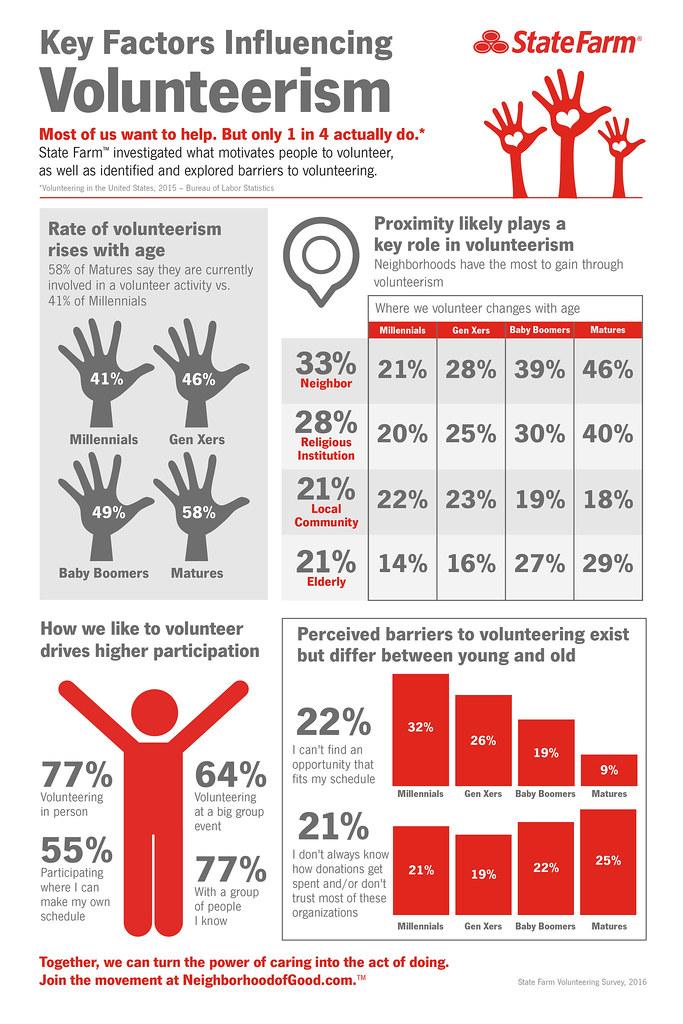As an experienced lawyer at Morgan Legal Group in New York City, I often address complex questions about the transfer of property within families. One common inquiry involves parents wishing to pass down their home to their children. In this article, we will explore the legal considerations surrounding the question: “Can my parents give me their house?” From estate planning to the intricacies of property law, we will provide insights to help you navigate this important decision with clarity and confidence.
Understanding the Legal Implications of Parents Gifting Their Home
When considering the legal implications of parents gifting their home to their children, it is essential to understand the potential ramifications that may arise. While the act of gifting a house to a child may seem straightforward, there are various legal considerations that must be taken into account to ensure that the transfer is executed correctly.
One crucial aspect to consider is the impact on Medicaid eligibility. If your parents require long-term care in the future and need to apply for Medicaid benefits, the transfer of their home to you could potentially affect their eligibility. It is important to consult with an experienced estate planning attorney to understand how this gift may impact your parents’ long-term care planning. Additionally, it is essential to consider potential tax implications, including gift tax and capital gains tax. Consulting with a legal professional specializing in estate planning can help navigate these complexities and ensure that the transfer of the home is executed properly.

Key Factors to Consider Before Accepting Your Parents’ House
Before accepting your parents’ house, there are several key factors that you should carefully consider:
- Financial implications: Ensure that you understand the financial impact of accepting your parents’ house. Consider property taxes, maintenance costs, and potential inheritance taxes.
- Legal considerations: Consult with a legal expert to review the transfer of ownership paperwork and ensure that you comply with all relevant laws and regulations.
Moreover, think about the emotional aspect of accepting such a significant gift. Reflect on your relationship with your parents and how this decision may affect your family dynamics. Additionally, discuss your parents’ wishes and intentions behind giving you their house to ensure that you are both on the same page moving forward.

Exploring the Tax Implications of Receiving a Gifted Property from Parents
When considering the tax implications of receiving a gifted property from parents, it is essential to understand the potential complexities involved in such a transaction. While receiving a gift of property from your parents may seem like a generous gesture, it is crucial to be aware of the various tax consequences that may arise.
Firstly, it is important to note that when receiving a gifted property, you may be subject to gift tax laws. The IRS imposes gift taxes on the donor, in this case, your parents, for gifts exceeding a certain value. However, there are various ways to minimize or even avoid gift taxes, such as utilizing the annual gift tax exclusion and lifetime gift tax exemption. Additionally, it is also essential to consider the potential impact on your income taxes, as the gifted property may have capital gains implications when sold in the future. Consulting with an experienced estate planning attorney, such as those at Morgan Legal Group in New York City, can help you navigate the complexities of receiving a gifted property from your parents and ensure that you are well-informed of all tax implications.

Seeking Professional Legal Assistance in Transferring Real Estate Assets within the Family
Transferring real estate assets within the family can be a complex legal process that requires professional assistance to ensure all parties are protected and the transfer is done correctly. As experienced lawyers specializing in estate planning, probate, and elder law, we can assist you in transferring real estate assets within your family.
There are several options available when transferring real estate assets within the family, including gifting the property, creating a trust, or adding a joint tenant. Each option has its own legal implications and tax considerations, so it is important to seek professional legal advice to determine the best course of action for your specific situation. Our team at Morgan Legal Group can guide you through the process and help you make informed decisions that protect your interests and assets.
Q&A
Q: Can my parents legally give me their house?
A: Yes, your parents can legally give you their house through a process known as transferring ownership or gifting.
Q: What are the steps involved in transferring ownership of a house from parents to child?
A: The steps typically involve drafting a deed, signing the deed in front of a notary public, and filing the deed with the appropriate government office.
Q: Are there any tax implications of receiving a house as a gift from parents?
A: Yes, there may be tax implications depending on the value of the house and the laws in your jurisdiction. It is recommended to consult with a tax professional for specific advice.
Q: Can my parents give me their house while they are still living in it?
A: Yes, your parents can give you their house while they are still living in it, but it may affect their ability to qualify for certain government benefits.
Q: What are some potential challenges or considerations to keep in mind when accepting a house as a gift from parents?
A: Some potential challenges to consider include potential disagreements among siblings, tax implications, and the financial responsibilities associated with owning a house. It is important to have open and honest communication with your parents and seek legal advice before accepting the gift.
To Conclude
As we have discovered, the decision for parents to gift their house to their children is a complex and potentially life-changing one. It is important to consider all legal, financial, and familial implications before moving forward with such a decision. Remember, each family’s situation is unique, and what may work for one family may not necessarily be the best choice for another. Ultimately, it is crucial to have open and honest discussions with all parties involved to ensure that the best decision is made for everyone involved. Thank you for joining us on this exploration of whether parents can give their children their house. Remember, home is not just a physical structure, but a place filled with memories, love, and a sense of belonging that transcends ownership.





